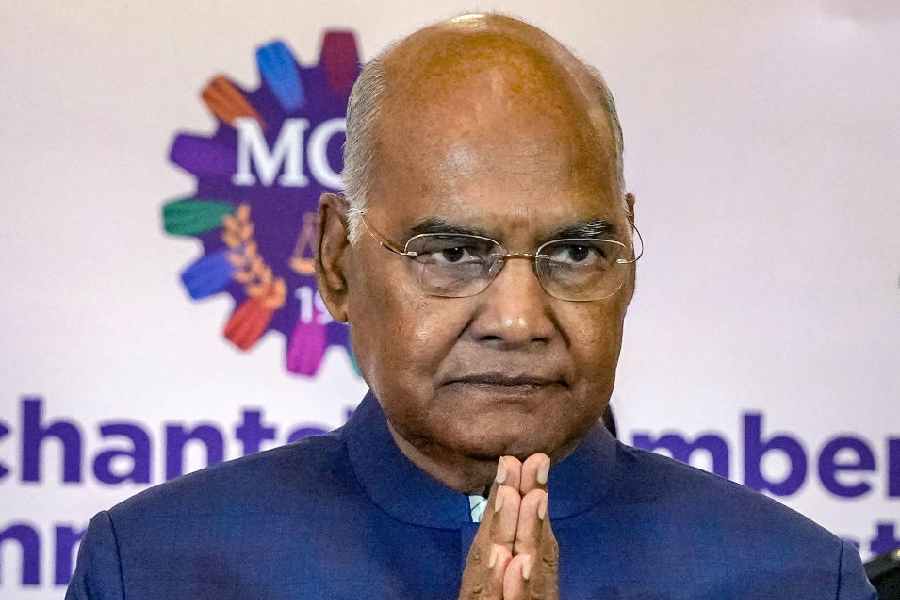The Union cabinet has given its seal of approval to the Narendra Modi government’s ‘one nation, one election’ proposal. The initiative, which had been integral to the Bharatiya Janata Party’s electoral manifestos in 2019 and 2024, is in favour of holding Lok Sabha and assembly elections together. Urban body and panchayat polls would follow in a second phase. The report by the Ram Nath Kovind panel, tasked to examine the feasibility of this endeavour, apparently found unanimous support for the venture: of the 47 political outfits that provided their responses, 32 gave their nod. The overwhelming sentiment among those endorsing simultaneous elections seems to be the economic and the administrative advantages that can be accrued from such a change. Electoral expenses would be curtailed, facilitating economic growth; governance would remain uninterrupted, leading to a seamless extension of welfare and the negation of policy paralysis; the poll process would also become simplified for the voter and electoral fatigue kept at bay. Newly-independent India had proceeded to conduct national and state polls together for a while. Political developments led to the disruption of this conjoined electoral calendar.
But the concerns that have been aired about such a mechanism as well as the challenges that lie on its path are serious. They demand reflection on the part of politicians and citizens. The principal worry concerns the eclipse of regional and local issues — the ones that usually decide the outcome of state polls — by national ones that would put the bigger parties at an advantage. This would not augur well for the future of Indian federalism with state governments playing second fiddle to a muscular Centre. And what about the fate of curtailed state assemblies? Can such an abridgement honour the people’s mandate fully? Moreover, there is fundamental confusion regarding another critical issue: that of constitutional amendments requiring two-thirds majority in Parliament in order to implement ‘one nation, one election’. Another important query raised by the prospect of simultaneous elections should not go unaddressed: should the preservation of India’s federal and democratic ethos not be accorded a greater priority than the reaping of monetary and logistical benefits promised by this intervention?










